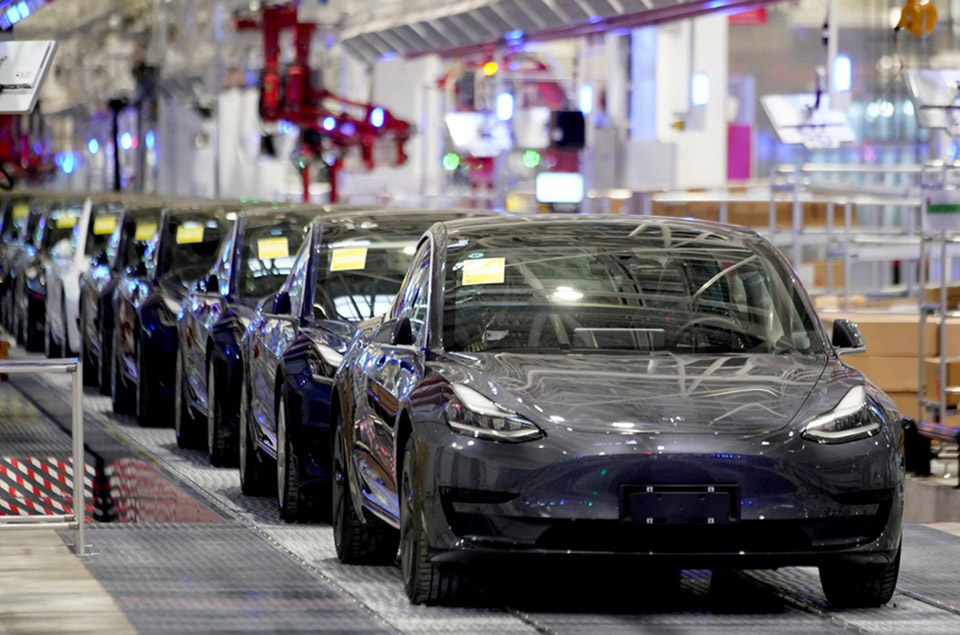
The Federation of Thai Industries’ (FTI) automotive group expressed concerns over the significant impact on the Thai car market caused by domestic economic problems and aggressive price reductions by Chinese electric vehicle (EV) manufacturers.
The group highlighted a decline in exports due to the rising popularity of EVs and urged the government to stimulate the economy by increasing spending to boost purchasing power.
Mr. Surapong Paisitpattanapong, Vice Chairman and Spokesman of the FTI’s Automotive Industry Group, revealed that domestic car sales in May 2024 totaled 49,871 units, an increase of 6.70% from April 2024 but a decrease of 23.38% from May 2023.
This is due to financial institutions tightening loan approvals because of high household debt levels, as well as low domestic economic growth.
The industrial production index has been declining for more than 10 months, with many factories reducing working hours and laying off tens of thousands of employees, resulting in loss of income.
People are being cautious with their spending. Many expect the Thai economy to improve in the second half of this year due to government budget spending for 2024 and 2025, but whether the economy will grow by 3% or not is still a concern.

“If car production and sales, as well as real estate sales, continue to be negative, it’s worrying because both industries have many related industries and workers. This will significantly affect domestic economic growth. In the first five months of this year, total sales were 260,365 units, down 23.80%. The number of exported cars decreased by 2.28% compared to the same period last year. The current situation is reminiscent of the Tom Yum Kung crisis in 1996. We think we’ll definitely have to adjust our car sales forecast, especially for domestic sales. We’re not sure if this year’s export value will reach 1 trillion baht or not,” said Mr. Surapong.
Mr. Surapong stated that most electric vehicle (EV) sales are imported cars, while domestically produced ones are gradually increasing. If EV factories in Thailand can increase their production, it will lead to an increase in new EV registrations.
However, he admits to being concerned about Chinese EV manufacturers announcing price cuts of up to 160,000 baht for some models, which will affect the overall market. This may cause consumers to delay purchases in hopes of further price reductions and lead to a price war among car manufacturers. Regarding the announced closure of some Japanese car manufacturers’ plants, he noted that this is a production halt for certain models to adapt to changes that are not cost-effective to produce in Thailand due to low volumes.
Related industries are in an adjustment period and may turn to producing EV parts to support increased production in Thailand. (TNA)








